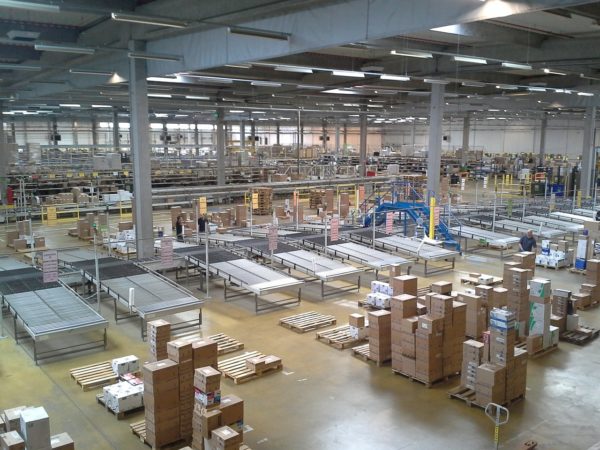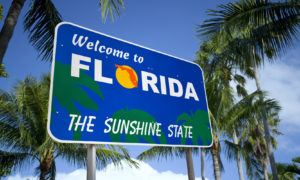Washington Marijuana Retail Inventory Management

Inventory issues represent a misunderstood but glaring headache for marijuana businesses
Among several changes to marijuana laws that SB 5131 enacted in July, Washington’s license cap on retailers moved from three licenses to five licenses. The Washington State Liquor and Cannabis Board at first wanted to delay implementation of the new license allotment to 2018, but has now consented to begin processing license acquisition applications immediately. This isn’t for new license issuance — that window is still closed. But existing retailers that own three licenses can now acquire two more.
As market consolidation occurs in Washington’s retail cannabis space, our cannabis business lawyers have been working with retailers on the problem of inventory management in the marijuana space. Inventory issues represent a misunderstood but glaring headache for marijuana businesses across the state.
Any time a retail operation has more than one location, that operation wants to run its inventory processes as efficiently as possible. Many multi-location retail operations in other industries utilize centralized warehousing as a key cog in their inventory management systems. Having a single regional warehouse able to directly supply many retail stores has significant benefits. First, the per square foot price of storage at a warehouse location is significantly cheaper than at a high-traffic retail area. Additionally, if a retailer controls the warehouse, it effectively separates itself from the friction point of dealing directly with suppliers. All outside vendors can deliver to the warehouse and the warehouse can distribute the goods to the individual retail stores at a time and method convenient for the retail stores — delivery becomes less of a hassle and negotiation.
But, as always, this is significantly more challenging in the cannabis space. The state’s tied-house rules and tiered licensing severely limit the movement of marijuana product and who can control it at any stage in that process. A single retail license works for a single retail location — a licensed retailer cannot maintain a separate warehouse and a retail store with a license. Every retail location must negotiate and organize shipments from licensed processors that, because of the tiered licensing rules, are third parties. If I own five retail locations and I want to stock them all with a specific product, I must organize five different shipments of that product.
There are two different fixes to this predicament. One is to take advantage of WAC 314-55-079(8), which states: “A marijuana retailer may transport product to other locations operated by the licensee or to return product to a marijuana processor . . . .” So if I own four retail locations, I have a little bit of flexibility. I could maintain a networked internal distribution model, where each location transports to each other location when necessary. Or, I could use one location as my de facto warehouse. If I have three retail stores in the city and one out in the county, I could expand the county’s inventory space, direct all deliveries there, and manage distribution from that central location.
To Read The Rest Of This Article On Canna Law Blog, Click Here




































